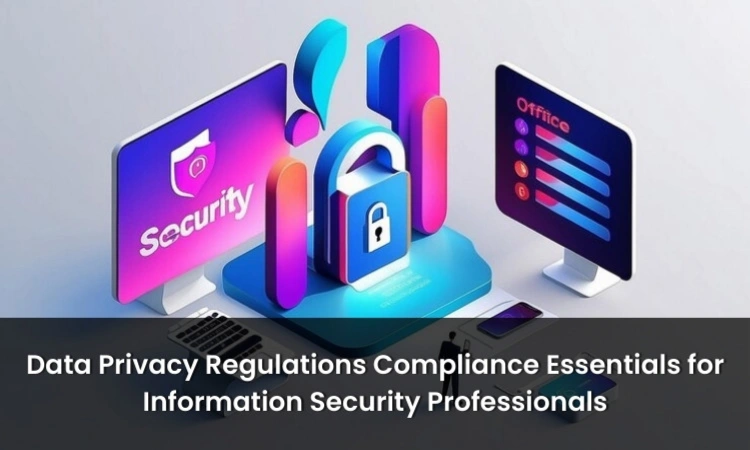The Importance Of Data Privacy Regulations
Key Data Privacy Regulations
1. GDPR (General Data Protection Regulation)
The GDPR is one of the most comprehensive data privacy regulations globally, applicable to organizations that process personal data of EU citizens. It mandates strict requirements for obtaining consent, transparent data processing practices, and notifying authorities about data breaches.
2. CCPA (California Consumer Privacy Act)
The CCPA grants California residents certain rights over their personal information and imposes obligations on businesses handling this data. It includes provisions for transparency, consumer rights, and restrictions on the sale of personal information.
3. HIPAA (Health Insurance Portability and Accountability Act)
HIPAA regulates the protection of health information and sets standards for healthcare organizations to ensure the confidentiality and security of patient data.
4. PDPA (Personal Data Protection Act)
PDPA, applicable in Singapore, governs the collection, use, and disclosure of personal data by organizations. It emphasizes the importance of obtaining consent and protecting individuals’ rights over their data.
Compliance Essentials For Information Security Professionals
1. Understanding Regulatory Requirements
Information security professionals must have a thorough understanding of relevant data privacy regulations applicable to their organization’s operations. This includes identifying the types of data collected, processed, and stored, as well as understanding the obligations imposed by each regulation.
2. Data Mapping and Inventory
Conducting a comprehensive data mapping exercise helps in understanding where sensitive data resides within the organization’s systems and processes. Creating a data inventory facilitates better data management and enables efficient responses to data subject requests.
3. Implementing Security Controls
Security controls such as encryption, access controls, and data anonymization are vital for protecting sensitive information. Information security professionals should ensure that these controls are implemented effectively to mitigate the risk of unauthorized access or data breaches.
4. Privacy by Design
Adopting a privacy-by-design approach involves integrating data protection measures into the design and development of systems and processes from the outset. This ensures that privacy considerations are embedded into the organization’s operations, rather than being added as an afterthought.
5. Conducting Regular Audits and Assessments
Regular audits and assessments help in evaluating the organization’s compliance with data privacy regulations and identifying areas for improvement. Information security professionals should conduct risk assessments, vulnerability scans, and compliance audits to maintain adherence to regulatory requirements.
6. Employee Training and Awareness
Employees play a crucial role in maintaining data privacy and security. Providing regular training and awareness programs helps in educating staff about their responsibilities regarding data protection and privacy compliance.
7. Incident Response and Breach Notification
Having a well-defined incident response plan is essential for effectively managing data breaches or security incidents. Information security professionals should ensure that procedures are in place for timely breach notification to regulatory authorities and affected individuals as required by regulations.

